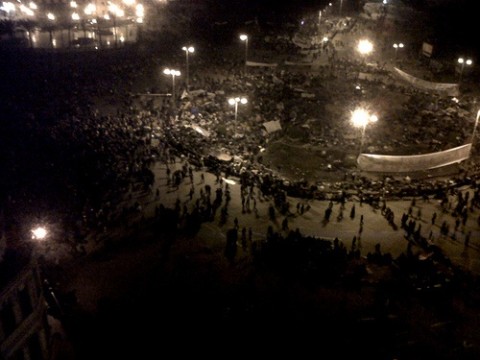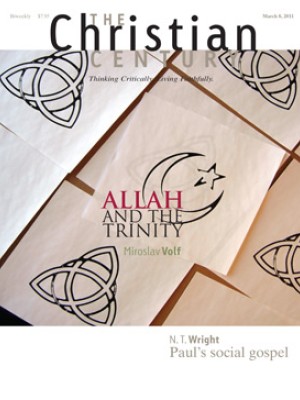Egypt's uprising

The popular uprising that led to Hosni Mubarak's downfall may have caught the world by surprise, but to many who knew Egypt it seemed inevitable. In a recent book appropriately titled Egypt on the Brink, Tarek Osman painted a picture of a 30-year regime that was out of touch with its people, lacked a compelling national vision and cracked down harshly on dissent, sometimes using torture.
Since the 1970s, the population of Egypt has nearly doubled. Economically it is a pyramid, with a small elite at the top and a very broad base at the bottom. More than 40 percent of the people live in poverty. Unemployment has been high, especially among the young, who experienced a deteriorating education system and who had no political outlet. That was a combustible situation. Presciently, Osman wrote that "the detachment of the majority of young Egyptians, amid crushing living conditions and the absence of a national project to ignite energy and momentum, could . . . at a moment at which the regime fails to grab hold of the country . . . rouse a tornado of turmoil in which anger and despair trump hope."
Read our latest issue or browse back issues.
Amazingly, the "tornado" that Osman predicted turned out to be largely hopeful and nonviolent. Pro-Mubarak forces seemed to have precipitated what little violence there was in the protests, and the protesters did not respond in kind. Egypt's regime change contrasts dramatically with the U.S. military effort in Iraq, which accomplished a regime change at the cost of tens of thousands of civilian lives, not counting military losses on both sides, and which left Iraq with a government still racked by sectarian violence and ethnic strife.
Huge questions remain about Egypt's future. The emergence of a liberal democracy is far from assured. Some fear that the Muslim Brotherhood, Mubarak's most formidable and organized opposition, will use this opportunity to seize power and turn Egypt into an Islamic state similar to Iran. Others point out that the Muslim Brotherhood didn't initiate or control the uprising.
The Christian community in Egypt has roots going back to the apostolic era and is well represented among the middle classes. Many Christians are involved in small businesses, including the telecommunications industry. While Mubarak no doubt co-opted Christians in his struggle against Islamic extremists, Christians under the Mubarak regime were a protected minority—though sometimes attacked by Islamic extremists. Whatever government emerges in the future must protect the rights of religious minorities and give them the freedom to participate in Egyptian civil and economic life.
While no one knows how the Egyptian drama will play out, it has so far confirmed the extraordinary power that can be exerted by ordinary people when they are organized, determined and peaceful. Their example should inspire others living under repression—and it should be a cautionary tale for authoritarian regimes that thrive at the expense of their own people.





